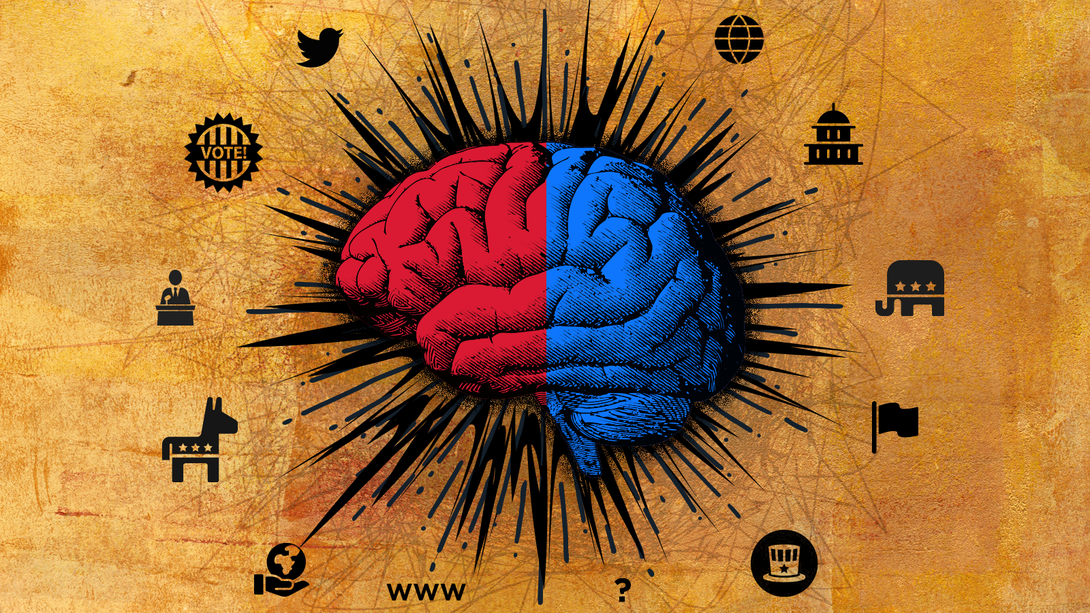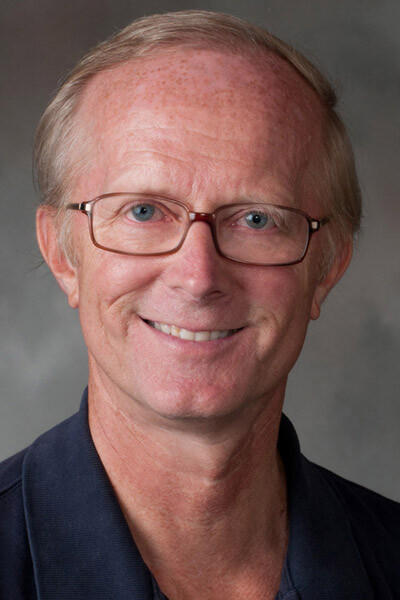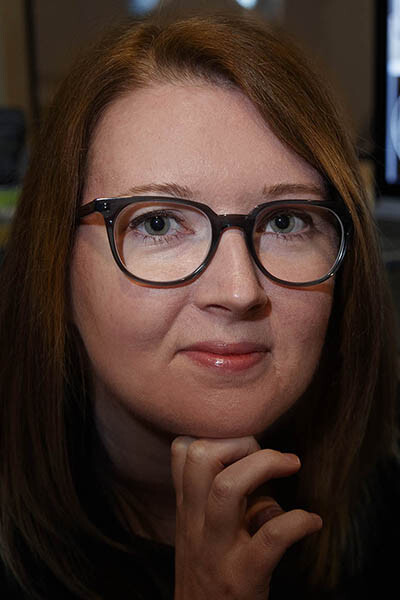
The work of three University of Nebraska–Lincoln political scientists was featured in an Oct. 26 Scientific American article on the relatively new field of political neuroscience.

The 2013 book “Predisposed” by John Hibbing, Foundation Regent University Professor of political science at Nebraska; Kevin Smith, Olson Professor and chair of political science at Nebraska; and John Alford, professor of political science at Rice University; was highlighted in the article. In the book, the authors argue that political differences are rooted in personality characteristics and biological predispositions. The research shows that conservatives tend to desire security, predictability and authority more than liberals do, and liberals are more comfortable with novelty, nuance and complexity.

A 2017 study by Ingrid Haas, associate professor of political science at Nebraska, was also featured in the article. Haas put 58 people with diverse political views in a brain scanner and asked them questions about policy statements of hypothetical candidates from both major parties. She found that liberals were more attentive to incongruent information, especially for Democratic candidates. Haas suspects that engaging more with such information might make voters more likely to punish candidates later, but she said they may instead exercise a form of bias called “motivated reasoning” to downplay the incongruity.

In other national news:
Hibbing’s new book, “The Securitarian Personality,” was featured in an Oct. 1 column by The New York Times’ David Brooks. In the book, Hibbing argues that people on the right of the political spectrum tend to react to threats coming from outside America, while people on the left see threats coming from the powerful financial and political spheres inside America. “The Securitarian Personality,” based on reporting, focus groups and surveys, is an attempt to understand what motivates the most enthusiastic Trump supporters.
Hibbing was also interviewed for an Oct. 20 Bloomberg Government article on the increased attention being paid to state legislative races in the Midwest with an eye toward Congressional redistricting. With tighter legislative control in Nebraska, the Republican Party could redraw the state’s 2nd Congressional District to lock in an electoral vote for a Republican president, Hibbing said.
Learn about the Department of Political Science.
Nebraska Headliners highlights Husker faculty and staff featured in major national news outlets. If you see a possible Nebraska Headliner, submit the story or URL via email to nebraskatoday@unl.edu.







